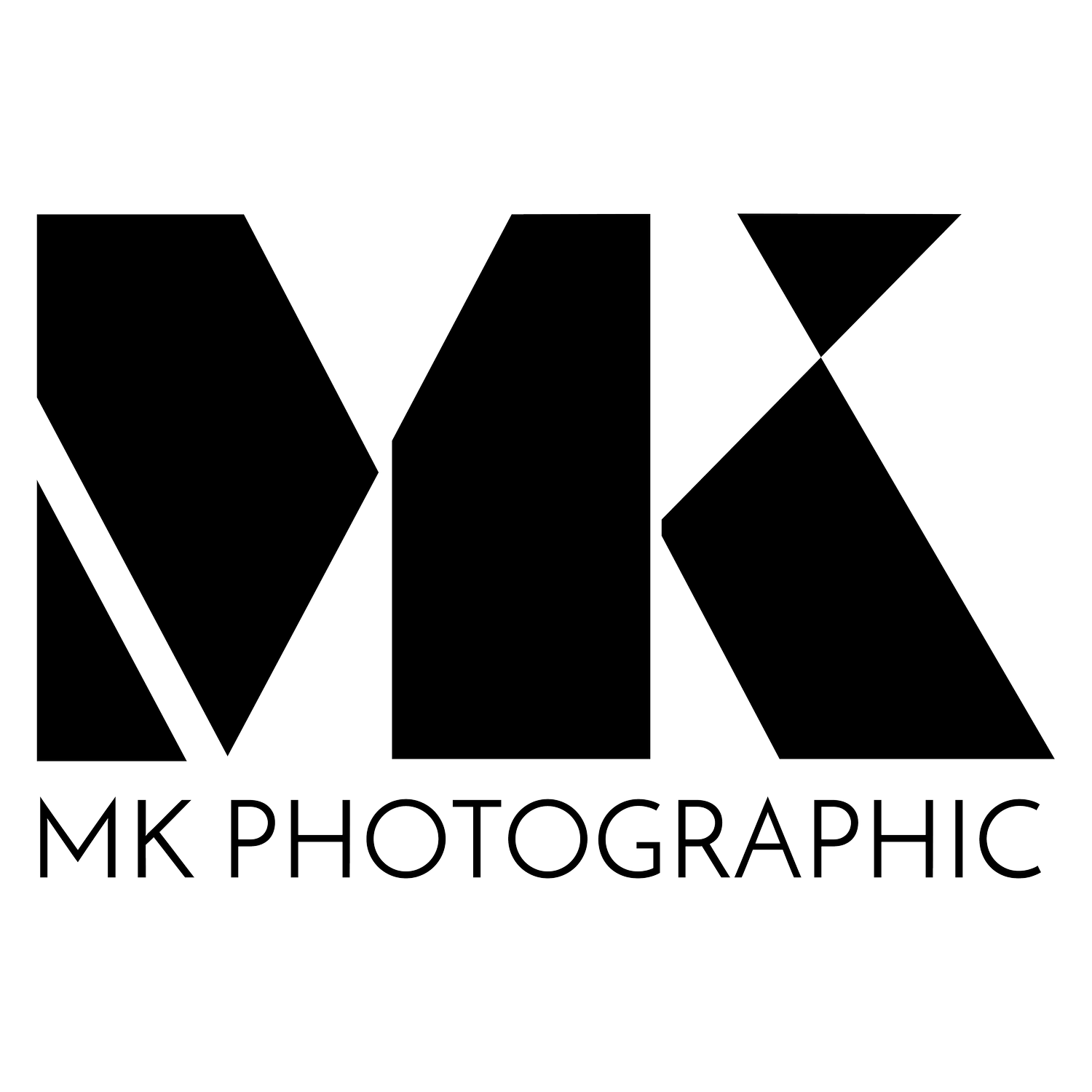What Does a Videographer Do at a Wedding?
/A wedding videographer plays a crucial role in capturing the essence, emotions, and special moments of your big day. Here's a detailed overview of what a videographer does at a wedding:
1. Pre-Wedding Preparation
Consultations and Planning: Before the wedding, the videographer meets with the couple to understand their vision, discuss the schedule, and identify key moments they want to be captured.
Site Visits: Some videographers visit the venue beforehand to scout locations, understand lighting conditions, and plan camera placements.
Shot List and Timeline: They create a shot list and timeline based on the couple’s preferences and the wedding day schedule.
2. On the Wedding Day
Arriving Early: Videographers typically arrive early to set up their equipment and capture pre-wedding preparations.
Equipment Setup: They bring and set up various types of equipment, including cameras, tripods, microphones, lighting, and drones (if required).
Capturing Preparations: They film the bride and groom getting ready, capturing candid moments, interactions with family and friends, and detail shots of attire and accessories.
3. Ceremony Coverage
Multiple Angles: Videographers often use multiple cameras to capture the ceremony from different angles, ensuring comprehensive coverage.
Important Moments: They focus on key moments such as the entrance, vows, ring exchange, first kiss, and the recessional.
Discreet Presence: Professional videographers work discreetly to avoid distracting the couple and guests, using long lenses and strategic placements.
4. Reception Coverage
Grand Entrance: Capturing the couple’s grand entrance into the reception.
Key Events: Filming speeches, toasts, first dance, parent dances, cake cutting, and any other planned events or performances.
Candid Moments: Documenting candid interactions, laughter, and dancing throughout the reception.
Guest Interviews: Sometimes, videographers conduct brief interviews with guests, capturing well-wishes and personal messages for the couple.
5. Creative Shots
Scenic and Detail Shots: Filming the venue’s exterior and interior, decor details, floral arrangements, and other elements that add to the wedding’s atmosphere.
Drone Footage: If applicable, capturing aerial shots of the venue and surroundings using drones.
Romantic Shots: Directing the couple for some posed or semi-posed romantic shots, often during the golden hour for beautiful lighting.
6. Post-Wedding Process
Editing: The videographer reviews and edits the footage, selecting the best clips and putting them together to tell a cohesive story.
Adding Music and Effects: They add music, transitions, and special effects to enhance the video.
Color Grading: Adjusting colors and lighting to ensure a polished and professional look.
Audio Enhancement: Ensuring that audio from vows, speeches, and other important moments is clear and well-balanced.
7. Final Deliverables
Highlight Reel: A short, cinematic video that captures the essence of the day, often set to music.
Full-Length Film: A longer video that includes more extensive coverage of the ceremony, reception, and key moments.
Additional Edits: Some videographers offer additional edits like a documentary-style video, raw footage, or a trailer.
Delivery Formats: Providing the final videos in various formats such as digital files, DVDs, or USB drives.
Conclusion
A wedding videographer is responsible for capturing the sights, sounds, and emotions of your wedding day, ensuring that you can relive the special moments for years to come. From pre-wedding planning and day-of filming to post-production editing and final delivery, a professional videographer brings expertise and creativity to create a beautiful, lasting memory of your wedding.

